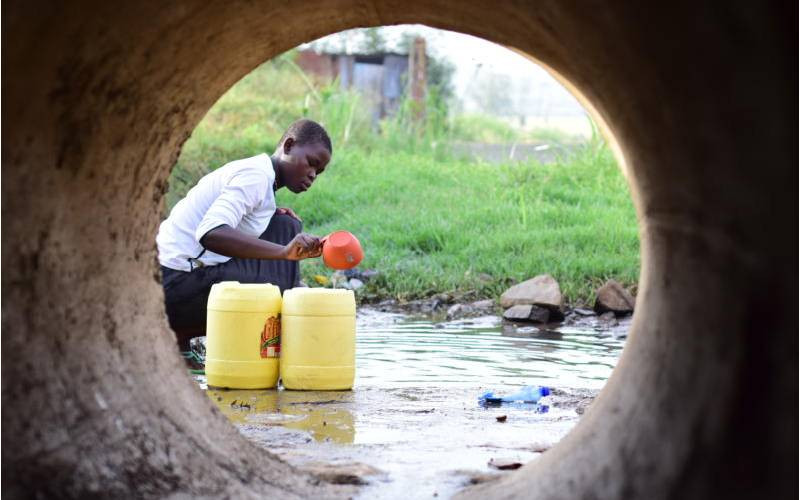×
The Standard e-Paper
Kenya’s Boldest Voice

The Ombudsman has rolled out training for county government officers for effective implementation of the Sh7.4 billion Financing Locally Led Climate Action (FLLoCA) programme.
Commission of Administrative Justice (CAJ) Vice Chairperson Washington Sati said the training will help entrench transparency and accountability in the counties.